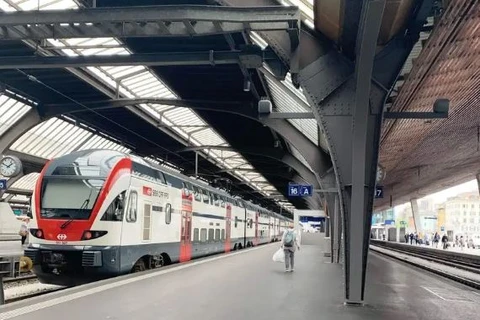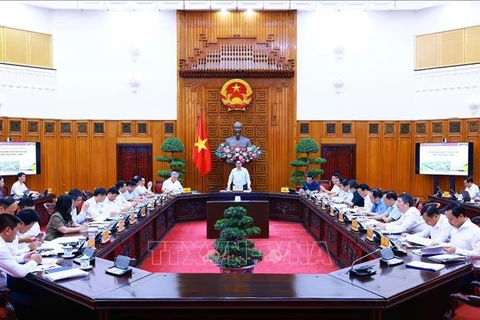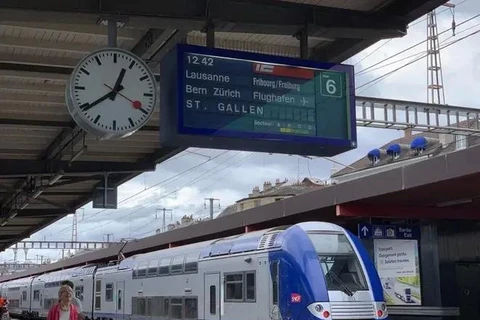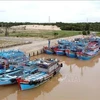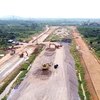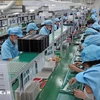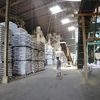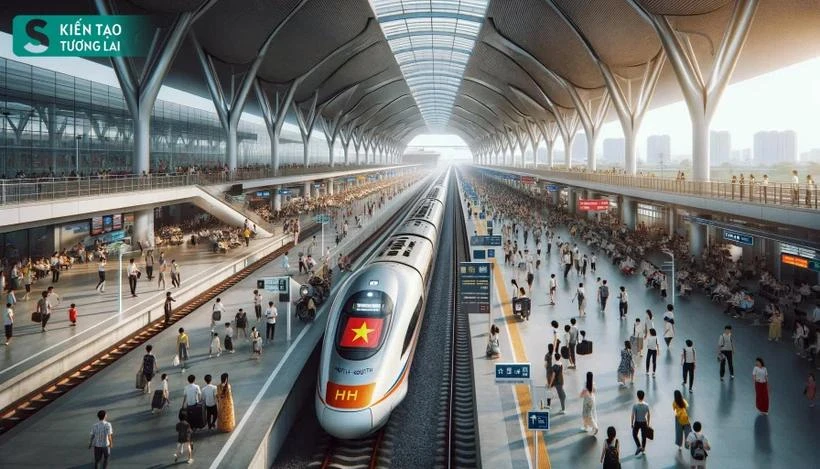
Hanoi (VNA) – Constructing a high-speed railway from the North to the South will create momentum for economic growth, according to Deputy Minister of Planning and Investment Tran Quoc Phuong.
The North-South high-speed railway project is the largest of its kind to date, with an estimated investment capital of approximately 67.34 billion USD, he said, noting this level of investment will impact economic growth throughout the construction process. According to preliminary assessments, if this amount is disbursed from now to 2035, the country's GDP will increase by approximately 0.97 percentage points.
Phuong held that the project will have direct impacts on 7-8 economic sectors, including construction; support industries, particularly those supplying construction materials; services; and urban development. It also features urban areas attached to each station, serving as a catalyst for economic growth and urbanisation.
The project is also poised to drive growth in the transportation sector, aiming to modernise the transportation system and enhance revenue, productivity, and service capacity.
Phuong stated that once operational, it will significantly influence socio-economic growth and enhance the competitiveness of the economy. Notably, it will reduce logistics costs, and make a substantial contribution to the development of industries and businesses that rely on this railway.
In the project's pre-feasibility study, the Ministry of Transport proposed a 1,541-km high-speed railway with a designed speed of 350 km/h. The 1,435-mm gauge-line dual-track will be electrified.
Traversing 20 provinces and cities from Ngoc Hoi station in Hanoi to Thu Thiem station in Ho Chi Minh City, the line will include 23 passenger and five cargo stations at key freight hubs.
Preliminary estimates indicate that the project will require approximately 180,000 workers for construction, 13,880 operation staff, 700 management personnel, and around 1,200 consulting engineers./.
